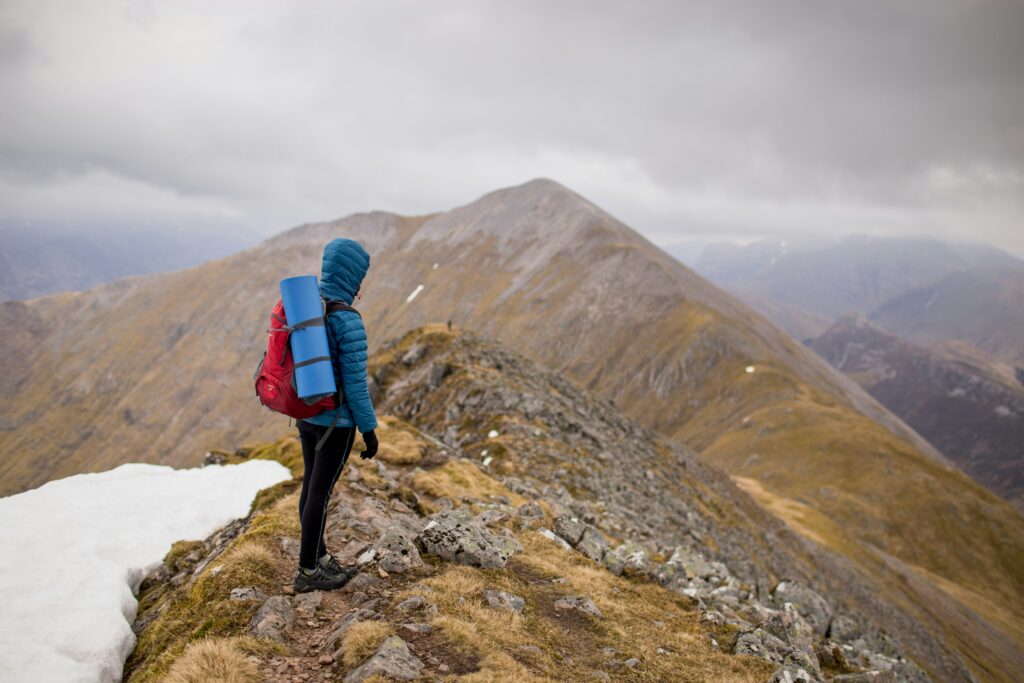How to Be Smart and Safe While Traveling Abroad

Travel abroad provides life-altering experience, but with it are special challenges and danger. Being ready and in possession of the right information can mitigate the dangers to zero and enable you to take pleasure in the experience. Below is how to travel smart and secure abroad.
Prior to Your Departure
Research Your Destination
- Safety information by country: Look at government travel advisories for your destination.
- Cultural norms and law: Inform yourself about local customs, dress code, and legal differences.
- Common scams: Inform yourself about typical tourist scams at your destination.
Prepare Documents
- Make copies of significant documents: Make electronic and hard copies of your passport, visa, insurance, and itinerary.
- Emergency contacts: Keep a list of local emergency numbers, your country's embassy number, and personal emergency numbers.
- Travel insurance: Purchase broad travel insurance that includes medical emergencies, evacuation, and robbery.
Health Preparations
- Vaccinations: Get required and suggested vaccinations for your destination.
- Medication: Pack enough prescription medication for your trip length and some spares in case of a delay.
- Medical kit: Pack minimal first-aid kit and over-the-counter medication.
During Your Trip
Stay Connected
- Local SIM card: Buy a local SIM card for affordable communication.
- Check-in schedule: Schedule regular check-ins with family or friends back home.
- Emergency apps: Download offline maps and emergency assistance apps.
Transportation Safety
- Research local transport: Familiarize yourself with safe and reliable transportation.
- Take registered taxis: Take official taxi stands or use well-known ride-sharing services.
- Verify routes: If a route seems suspicious, listen to your instincts and question things.
Secure Your Belongings
- Lock up valuables: Store valuables in hotel safes and proof bags.
- Don't show off: Avoid wearing costly jewellery or electronics.
- Divide your money: Avoid keeping all your cards and money in oneplace.
Personal Safety
- Be aware of your environment: Be careful, especially when moving around in groups or at night.
- Drink responsibly: Drunkenness makes you an easier target.
- Trust your gut: If it doesn't seem right, leave it.
Emergency Situations
If You're Robbed
- Don't physically resist—things can be replaced.
- Report the crime to local police.
- Inform your embassy if necessary.
- Cancel credit cards and request emergency replacements.
Medical Emergencies
- Contact local emergency numbers.
- Call your travel insurance company's emergency number.
- Inform your embassy if hospitalization is necessary.
Natural Disasters or Political Unrest
- Obey local authorities' directions.
- Register with your embassy for emergency alerts.
- Prepare an alternative evacuation plan if necessary.
Special Considerations
Solo Travelers
- Inform someone reliable of your itinerary.
- Think about going on tours or group events in new regions.
- Be wary of telling strangers too much about yourself.
Family Travel
- Establish meeting points in case you are separated.
- Teach children about emergency procedures and contact information.
- Consider child-specific safety devices like ID bracelets.
Digital Safety
- Use VPNs on public WiFi.
- Enable two-factor authentication for important accounts.
- Be mindful of what you put on social media.
Conclusion
Foreign travel of the adventurous kind doesn't always have to be unsafe travel. Well-advised and prepared, you can still have new experiences without getting into trouble. Remember that even the majority of travelers have no problems at all when traveling overseas, but being prepared will enable you to deal with whatever the situation is if it does happen. By following the above tips, you can create memories rather than fears about the dangers.
Ready to explore your visa options? Check which programs you qualify for by filling out our form or email us at info@alliancevisas.com
Safe travels!















